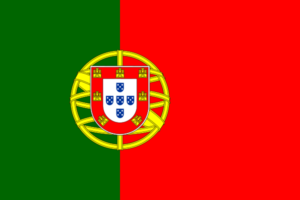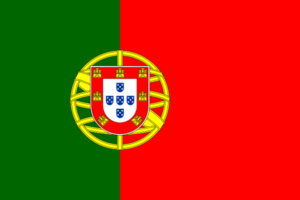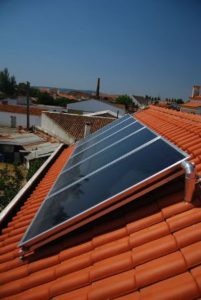Portugal: Small Residential Grant Scheme, but “Big” Requirements
December 18, 2012
Portugal has seen the launch of a new incentive scheme – Edifício Eficiente 2012 (Efficient Building 2012) – for installing solar thermal systems on existing residential buildings. Launched on 30 November, the programme has been equipped with a EUR 1 million budget for solar thermal by the national Energy Efficiency Fund (EEF). The incentive granted to applicants will cover 50% of the costs (including installation) up to EUR 1,500. The hard part: The homeowner, the installer and the system supplier all have to meet specific requirements.
The scheme is open to owners of single-family houses or parts of multi-family buildings. The person directly applying for the subsidy, however, must be a promoter, such as an energy service company (ESCO) or the company which supplies the solar thermal system. In order to submit an application, ESCOs and system suppliers must also follow certain rules: The ESCO must be registered as a qualified company according to the Portuguese ESCO qualification system. The solar thermal supplier, on the other hand, must be a certified micro- or small to medium enterprise, and it must have a valid civil liability and labour accident insurance (minimum EUR 50,000). Last but not least, a certified expert (CAP or other) must carry out the installation.
Before submitting the application, all promoters must register on the EEF website to gain access to the grant scheme. This registration process is independent from the one which was used for the previous incentive scheme, Medida Solar Térmico (MST) in 2009.
Only owners of existing buildings are eligible for the incentive, because Portuguese building law requires developers of new buildings to install a solar thermal system for hot water anyway. The application deadline is three-fold: Until 4 February 2013, the available amount will be EUR 500,000; until 1 April, it will be EUR 300,000; until 3 June, the amount will be reduced to 200,000. All chosen projects must also include a six-year maintenance contract.
The Edifício Eficiente 2012 scheme additionally covers the installation of energy-efficient windows in the same budget size (EUR 1 Million). Eligible costs for windows go up to EUR 1,250 per household (for more information, please see the database of incentive programmes).
To avoid delays in receiving the subsidy – as it was the case during the previous incentive scheme – the end customer will pay the total system price to the supplier/installer and the incentive will only be paid after the installation is complete. Last time, the Portuguese government did not pay the incentive on the agreed deadline and the manufacturers had to cope with that situation for several months.
Although it is a small budget compared to the EUR 95 million of the Medida Solar Térmico, the national solar industry association APISOLAR sees it as good news. “At a time when all the incentives once available have run out, together with the reduced VAT and the tax reduction, the Edifício Eficiente appears as the best piece of news the market could envisage,” Victor Júlio, APISOLAR’s Vice President, says. Júlio is responsible for the association’s solar thermal sector department. APISOLAR also welcomes the fact that the incentive is open to installers and distributors as promoters, “which will allow the sector to get involved and to quickly submit the applications”.
Still, sector players will have a difficult task ahead: To convince the end costumer that a solar thermal system is an interesting investment. “Even without the incentive, solar thermal technology has already sparked a lot of interest. With the subsidy, it will generate even more,” Rafael Ribas, Managing Partner of Conforis (brand name Rigsun), says. Ribas appreciates the idea behind the scheme, as “it is a more direct and stronger mechanism to develop the market”, but regrets that there is only a small budget available. “It means 330 residential systems during the first phase, 200 during the second and 130 in the third one. So, we speak about 2,000 m2 on a 100,000 m2 market, which is only 2% of the total number – a very small amount,” he says.
http://www.apisolar.pt/
fee.adene.pt


